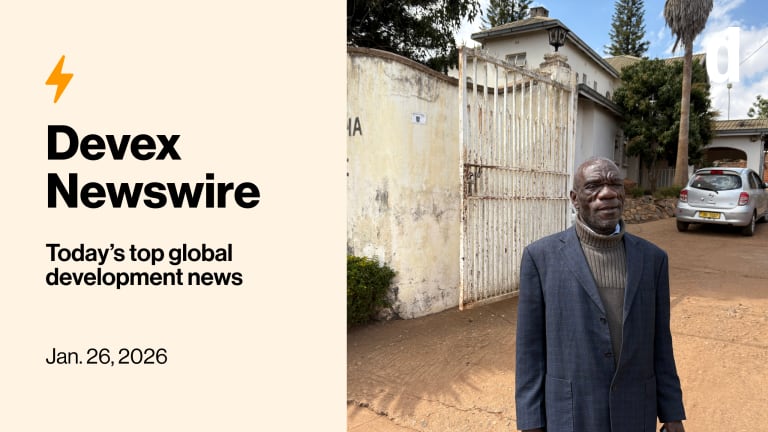
With billions of people still unvaccinated worldwide, plenty of opportunities remain for the COVID-19 virus to spread and generate new variants, according to WHO officials.
“We hope that that doesn't happen. But at the moment, we're not doing enough to prevent that happening in terms of protecting people, and in terms of distributing vaccines in a way that would assist with reducing the emergence of variants,” Dr. Michael Ryan, WHO executive director for health emergencies, said during a press briefing Thursday.
According to Our World in Data, 9.33 billion doses of COVID-19 vaccines have been administered globally. But only 58.8% of the global population has received at least one dose. In low-income countries, only 8.8% of the population has received a vaccine.
When the delta variant emerged as a variant of concern, Ryan recalled, several scientists described it as the “fittest” and “best-adapted virus” they’ve ever seen, and that they “cannot see how this virus could adapt anymore.” But now omicron has been shown to be more transmissible than previous variants, including delta.
“Unfortunately, I think it's very unlikely that omicron will be the last variant that you will hear us discussing. Certainly, the virus continues to evolve,” said Dr. Maria Van Kerkhove, WHO’s technical lead for COVID-19, at the press briefing.
She said important discussions are taking place on how “much more fit” the COVID-19 virus can become in terms of its transmission and transmissibility. And while the current global focus is on omicron because of how fast it is spreading, “Delta continues to be a variant of concern,” she said, noting that there are currently about 30 “sublineages of delta” that WHO is tracking.
“There's a number of factors that are happening. And the question is … what will happen as this virus continues to evolve? And what will those additional mutations mean?” Van Kerkhove said.









